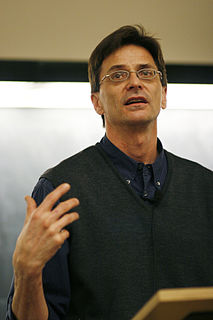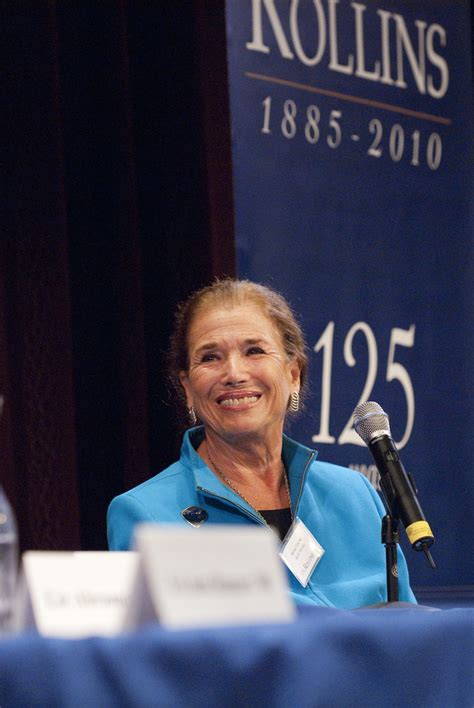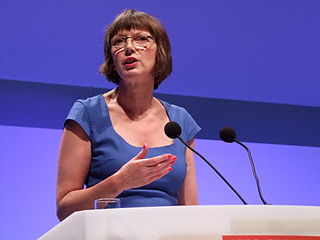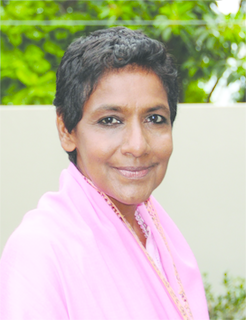A Quote by David Simon
What we've learned from the whole election cycle of 2016 President elections is men and women, men particularly, are pretty comfortable talking about women in terms that - I think it's hard for me to not believe this has been influenced by fifty years of open pornography and that kind of culture.
Related Quotes
Many women, particularly young women, have claimed the right to use the most explicit sex terms, including extremely vulgar ones, in public as well as private. But it is men, far more than women, who have been liberated by this change. For now that women use these terms, men no longer need to watch their own language in the presence of women. But is this a gain for women?
People routinely assume that pornography is such a difficult and divisive issue because it's about sex. In fact, this culture struggles unsuccessfully with pornography because it is about men's cruelty to women, and the pleasure men sometimes take in that cruelty. And that is much more difficult for people-- men and women-- to face.
The problem in business isn't that women are overlooked because they are women, it's that most people subconsciously look to employ a mini-me. It's not a gender issue, it's about diversification full stop. It's hard to change that mindset and it hits women particularly hard because men historically have always been the recruiters.
Women lead in ways different from men's. Men, I think, have been programmed to give orders. Women have been programmed to motivate people, to educate them, to bring out the best in them. Ours is a less authoritarian leadership. I think women tend to play hardball less often. This is the trend of office politics anyway: the days of warring factions are over. We're talking now in terms of cooperation, and I think that is the game women play best.
Men create their own gods and thus have some slight understanding that they are self-fabricated. Women are much more susceptible, because they are completely oppressed by men; they take men at their word and believe in the gods that men have made up. The situation of women, their culture, makes them kneel more often before the gods that have been created by men than men themselves do, who know what they've done. To this extent, women will be more fanatical, whether it is for fascism or for totalitarianism.
That's what's always been such a curious thing to me about feminism. They never lost any power. However, when you start talking about this particular area of our population, you're talking about the politicized nature of our country where feminism dominates and all heterosexual men want women. And all men realize you've got to do certain things. If you want to get a woman who happens to be a feminist, then you better do and say, be certain things. Men have gone crazy trying to be what they think women want them to be, and that's men in Washington, gone crazy.
It turns out that a lot of women just have a problem with women in power. You know, this whole sisterhood, this whole let's go march for women's rights and, you know, just constantly talking about what women look like or what they wear, or making fun of their choices or presuming that they're not as powerful as the men around. This presumptive negativity about women in power I think is very unfortunate, because let's just try to access that and have a conversation about it, rather than a confrontation about it.
I really don't see any men sitting in the corner office plotting to keep women out. All the men I know are actively trying to promote women, to get more women involved. These men have wives they care about; they have daughters they desperately care about. So I don't think it's fair to blame men - or I don't think it's accurate to blame men anymore.
You believe in equality for women and men. And that means that, not only do you believe in it kind of in the abstract but you actively think people should seek it when it comes to the way you hire people, the way you compensate people, the way you treat women and men in professional settings and school, whatever the case, giving them equal opportunities without disadvantaging them because of their, for the fact that they're women. And to me that's what it means for me to be a feminist. I don't think it's that controversial.
Women are different from men in major, major ways. I have found more courage in women than you could ever find in men, and I love men, in terms of father, brother, everyone, disciples, students etc. Yet men have certain powers of compassion that are hard-pressed to be found in a woman to that degree.



































